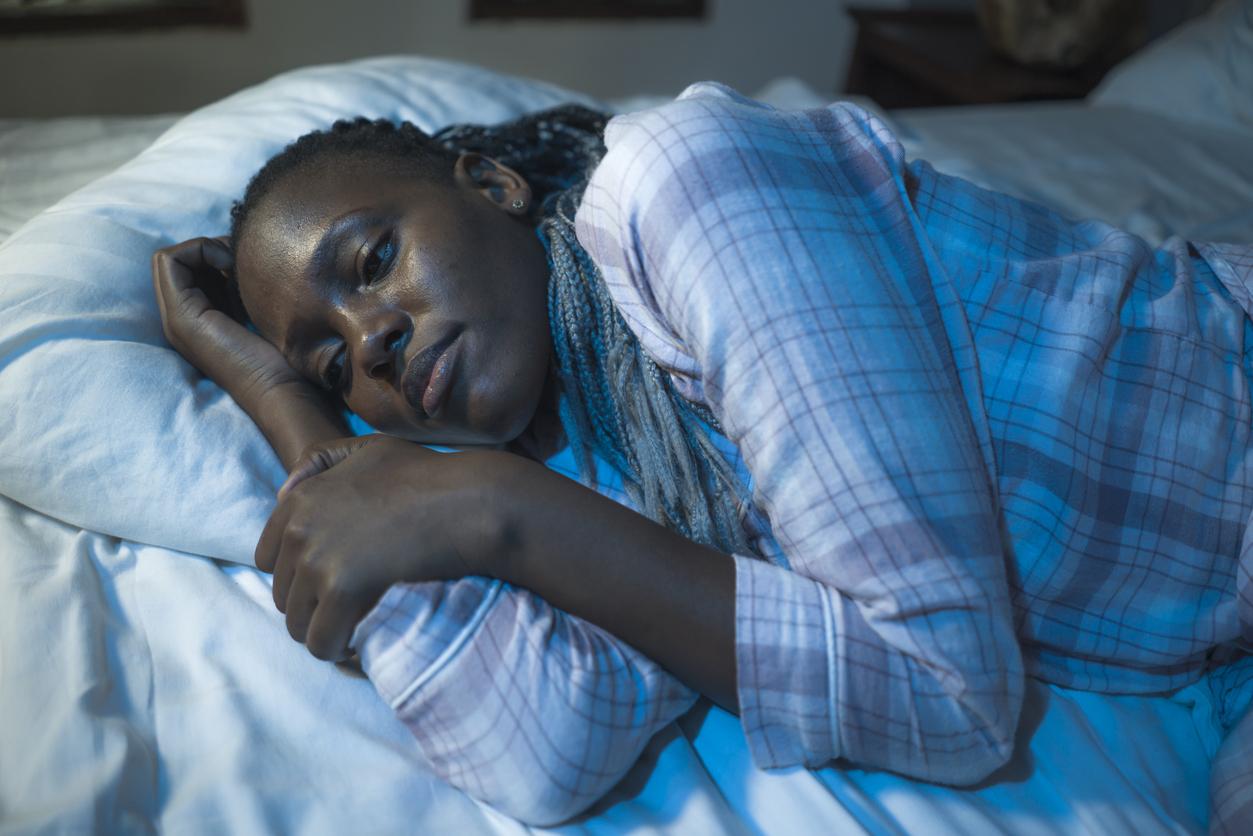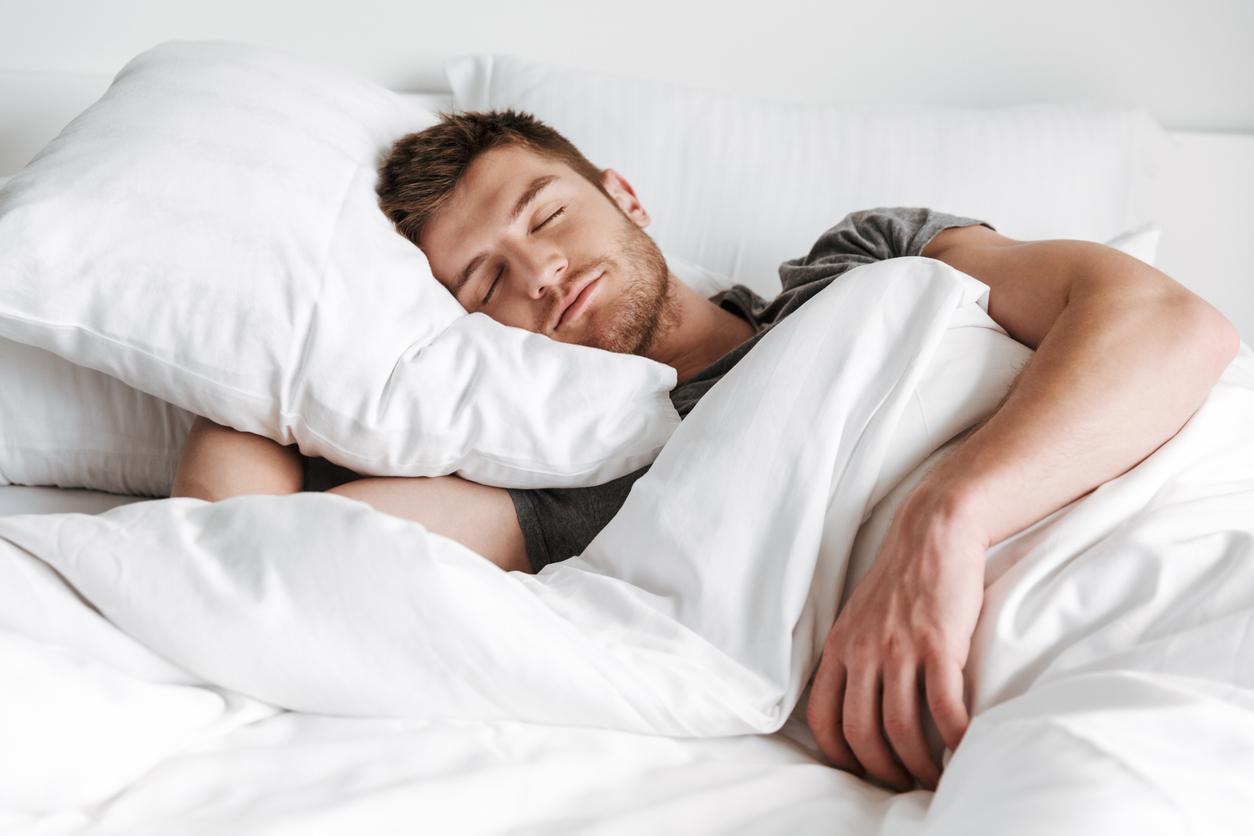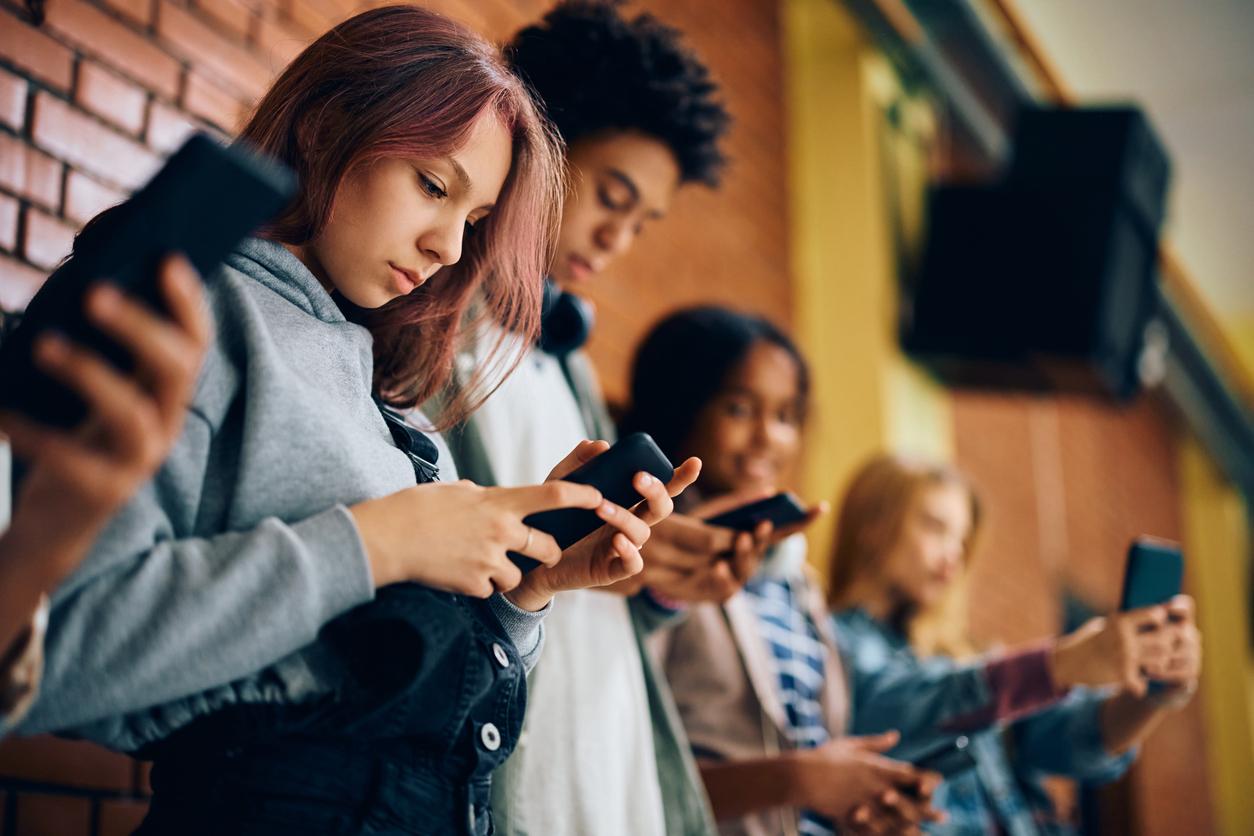Racial and ethnic discrimination increases the risk of sleep disorders among young people, and it is important to take this into account in health and prevention programs, according to a new study.

- Racism impacts sleep and increases the risk of sleep disorders, due to the stress it causes.
- Adolescents are the most affected by the phenomenon.
- Researchers recommend implementing programs to improve the quality of sleep, because sleeping well helps limit the harmful effects of racism.
Sleeping well is essential for growing well. This formula may seem simplistic, but it is no less true. But by compiling the numerous studies carried out on sleep, the factors which impact it and discrimination in recent years, researchers from Fordham University and the University of Illinois at Urbana-Champaign have highlighted that Racism impacted adolescents’ sleep and that it was essential to take it into account when treating disorders.
Discrimination: the stress caused impacts sleep
In their article published in the journal Child Development Perspectives, researchers confirm that the experience of racism negatively impacts sleep and increases the risk of sleep disorders. The cause: stress induced by discrimination. “Discrimination based on ethnicity or origin is a form of stress, and stress has been implicated in sleep disorders”explains Tiffany Yip, professor of psychology at Fordham University and lead author of the article.
For the expert and her team, this link is particularly problematic during adolescence and early adulthood (18-25 years) because these are periods when discrimination is more pronounced, and moreover, critical for the health. “In addition to being a biological need, science suggests that sleep is also a developmental resource. For example, sufficient sleep duration and good quality sleep are associated with emotion regulation, learning and memory consolidation, all important aspects of child adaptation.”recall the researchers in their press release.
They remind us that it is essential to act to counter the harmful effects of racism on the development of young people. And according to them, this could involve an improvement in the quality of sleep.
Indeed, their compilation of work carried out on the subject shows that better sleep promotes the disruption of temporal associations between racism and negative effects on development.

Racism: improving sleep to reduce negative effects
“Rather than asking young people to sleep “to pass on” racism, we advocate the creation of sleep-promoting programs that have direct developmental benefits as well as indirect benefits by disrupting the negative effects of racism.”explains Tiffany Yip.
She said child and health professionals could draw on a variety of tools, including school-based sleep hygiene programs, smartphone apps and cognitive behavioral therapy to help adolescents. These different tools help improve important elements of sleep, such as total sleep time, sleep quality and efficiency.
“Investigations into racism and youth development must consider sleep health”explains Jinjin Yan, co-author of the article. “Focus on sleep health also shows promise in mitigating the negative effects of ethnic and racial discrimination on the development of mental health, physical health, and academic achievement.”

















